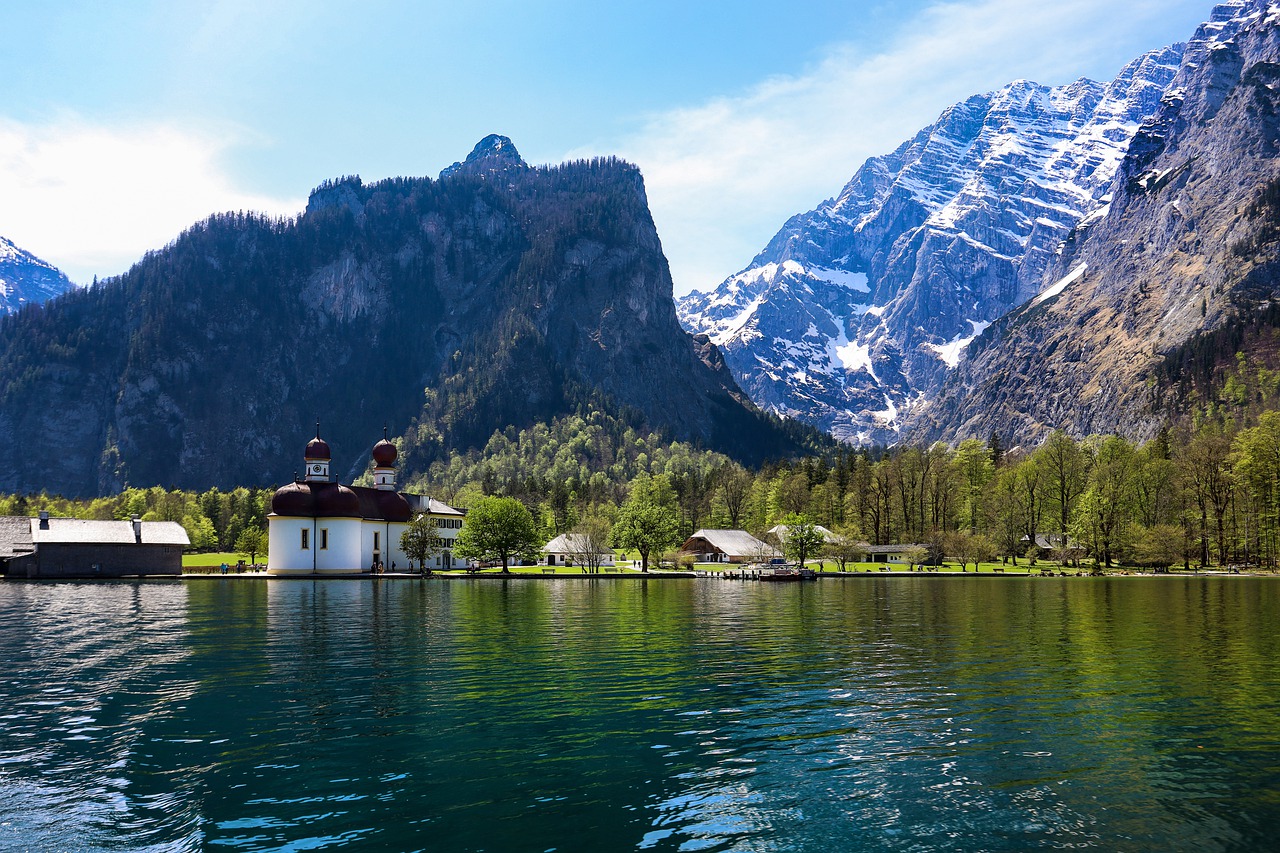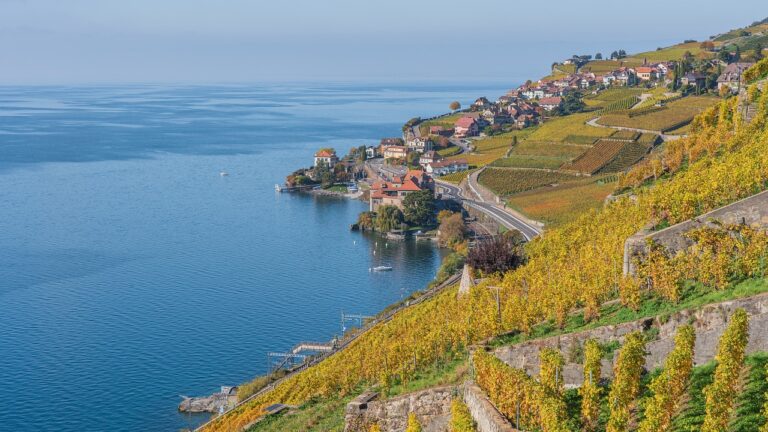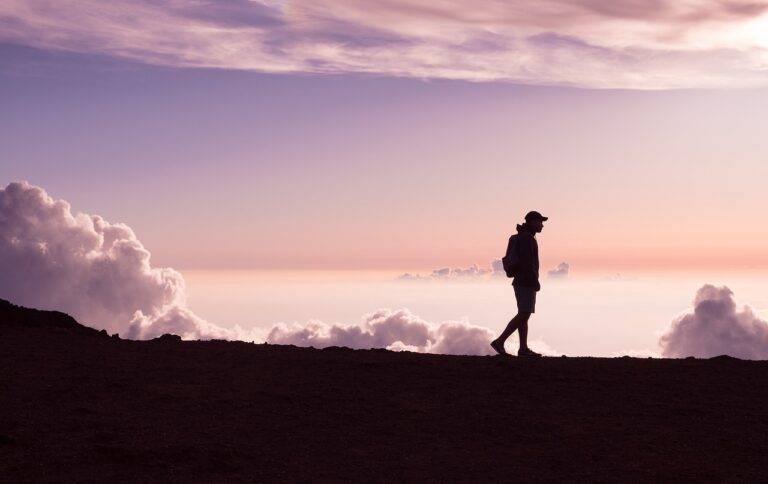Voluntourism in Disaster Relief: Assisting Communities in Recovery Efforts After Natural Calamities
Voluntourism, a portmanteau of volunteer and tourism, has been increasingly popular in disaster relief efforts. Individuals from all walks of life, driven by a desire to make a tangible difference, often travel to disaster-stricken areas to offer their assistance. While the intentions behind voluntourism are noble, its impact on disaster relief efforts can be complex.
One major consideration is the lack of specialized skills and training among voluntourists. In many cases, these individuals may not possess the expertise required to address the specific needs of disaster-affected communities. This mismatch between skills and needs can potentially hinder the efficiency and effectiveness of relief operations. Additionally, the transient nature of voluntourism can pose challenges in fostering long-term sustainable solutions for communities grappling with the aftermath of natural calamities.
Understanding the Needs of Communities After Natural Calamities
Communities affected by natural calamities face a multitude of challenges that require immediate and long-term assistance. The aftermath of such disasters often leaves individuals displaced, without access to basic necessities, and vulnerable to health risks. Understanding the specific needs of these communities is crucial in providing effective support and aiding in their recovery process.
One of the key aspects of assessing the needs of communities after natural calamities is recognizing the importance of tailored solutions. A one-size-fits-all approach may not address the unique circumstances and requirements of each community. By engaging with local stakeholders, conducting thorough assessments, and actively listening to the voices of those affected, organizations and volunteers can better understand the challenges at hand and offer sustainable support to facilitate recovery and rebuilding efforts.
Effective Ways to Support Recovery Efforts Through Voluntourism
Voluntourism has gained popularity as a way for individuals to contribute to disaster relief efforts in communities impacted by natural calamities. This form of volunteering combines traditional tourism with community service, allowing participants to support recovery efforts while also experiencing a new culture and environment firsthand. By engaging in activities such as rebuilding homes, providing medical assistance, or offering psychological support to survivors, voluntourists can make a meaningful impact on the lives of those affected by disasters.
One key aspect of effective voluntourism in disaster recovery is the importance of understanding the needs of the communities being served. It is essential for volunteers to take the time to listen to local residents, community leaders, and relief organizations to identify the most pressing needs and develop targeted intervention strategies. This approach ensures that voluntourism initiatives are tailored to the specific challenges faced by each community, leading to more sustainable and impactful results in the recovery process.
What is voluntourism?
Voluntourism is a term used to describe the act of combining volunteering with tourism, where individuals travel to a destination to participate in volunteer work.
How can voluntourism help in disaster relief efforts?
Voluntourism can provide much-needed assistance to communities affected by natural disasters by offering volunteers to help with recovery efforts, such as rebuilding homes, providing medical care, and offering emotional support.
How can volunteers understand the needs of communities after natural calamities?
Volunteers can work closely with local organizations and community leaders to assess the specific needs of the affected community, whether it be clean water, shelter, medical supplies, or emotional support.
What are some effective ways to support recovery efforts through voluntourism?
Some effective ways to support recovery efforts through voluntourism include participating in clean-up efforts, rebuilding homes and infrastructure, providing educational programs, and offering skill-building workshops for community members.





